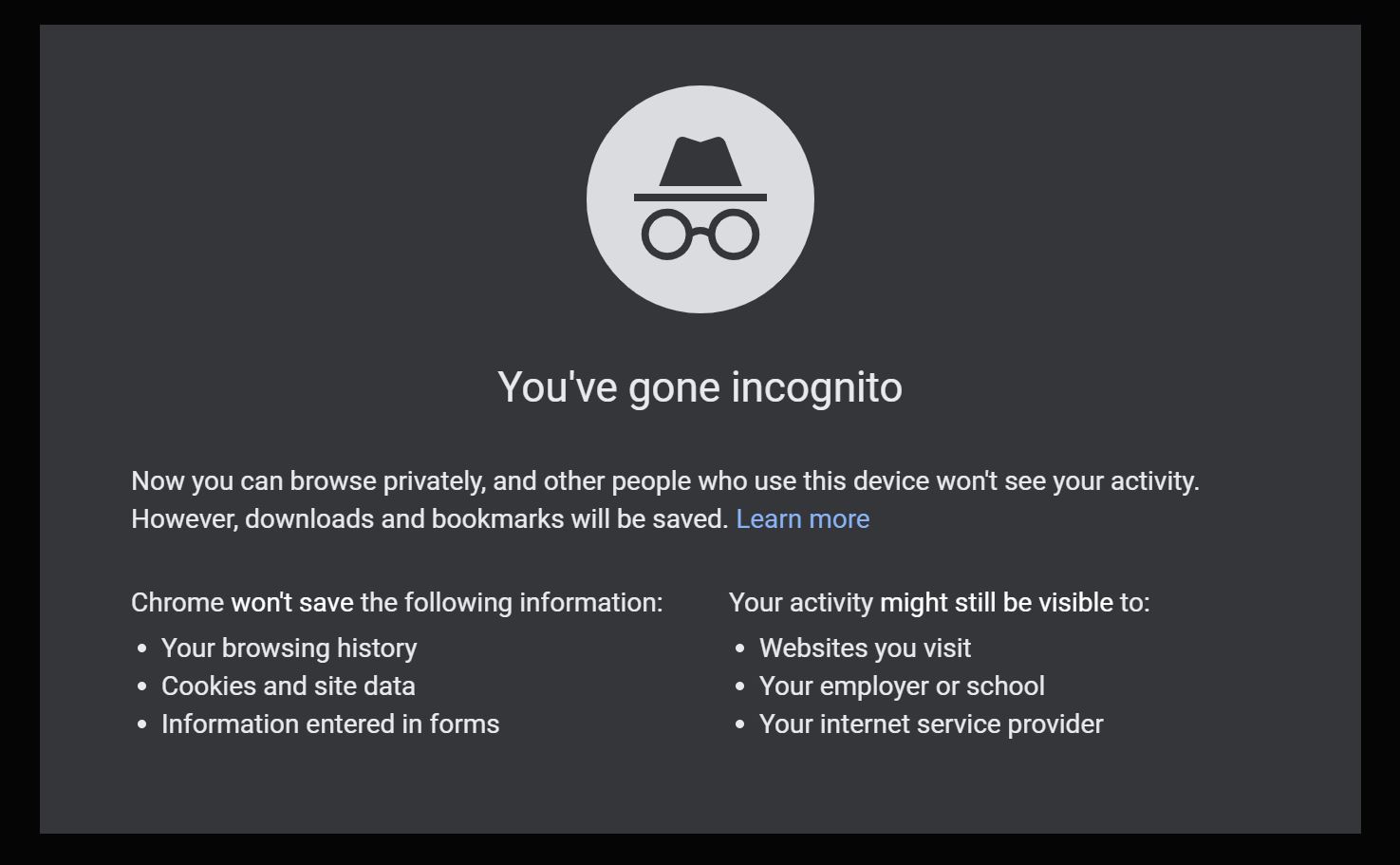While most people know that using “private” or “incognito” mode stops your browser from saving things like your history or cookies, those modes don’t fully prevent you from being tracked online. And in a new proposed class-action lawsuit filed on Tuesday, plaintiffs are seeking upwards of $7.2 billion in damages from Google for persistently tracking users and misrepresenting Chrome’s privacy options.
For those who aren’t aware, while Chrome’s Incognito mode stops the browser from saving your web history locally on your phone or computer, it doesn’t entirely block Google or some third-party companies from tracking you online, which is the lawsuit’s main point of contention. Even in Incognito Mode, your browsing data may still be collected by Google and shared anonymously with publishers and advertisers.
The lawsuit (Brown et al v Google LLC et al) claims Google “tracks and collects consumer browsing history and other web activity data no matter what [emphasis theirs] safeguards consumers undertake to protect their data privacy,” and despite Google claiming that users can adjust their privacy settings to control what information gets shared or collected, “Nothing could be further from the truth.”
Furthermore, the lawsuit says that Google’s behaviour represents a violation of the Federal Wiretap Act, which gives users the ability to sue companies in cases where they think their communications (in this case their internet activity) has been captured without proper approval such as a warrant.

In response, Google spokesperson Jose Castenda told the New York Times that Google “strongly disputes these claims, and we will defend ourselves vigorously against them.” Castenda added that “Incognito mode in Chrome gives you the choice to browse the internet without your activity being saved to your browser or device. As we clearly state each time you open a new incognito tab, websites might be able to collect information about your browsing activity during your session.”
As punishment for “violation of their rights to privacy and loss of value in their personally-identifiable information,” plaintiffs are seeking at least $7,000 per user or three times the amount of actual damages in addition to injunctive relief. So after you factor in California’s population of nearly 40 million residents, it’s easy to see how total damages could balloon well past $7.2 billion.
However, while those potential damages represent a serious amount of money for Google to cough up, if a judge rules that Google is liable, the bigger fallout could be any changes Google is forced to make in order to comply with regulations, as a huge part of Google’s revenue comes from advertisements fuelled by data gathered from Chrome users and other Google services.
That said, if a judge decides to move forward with a trial, given the huge amount being sought in damages and the complexity of the cause, it’ll be years before anything gets decided.
